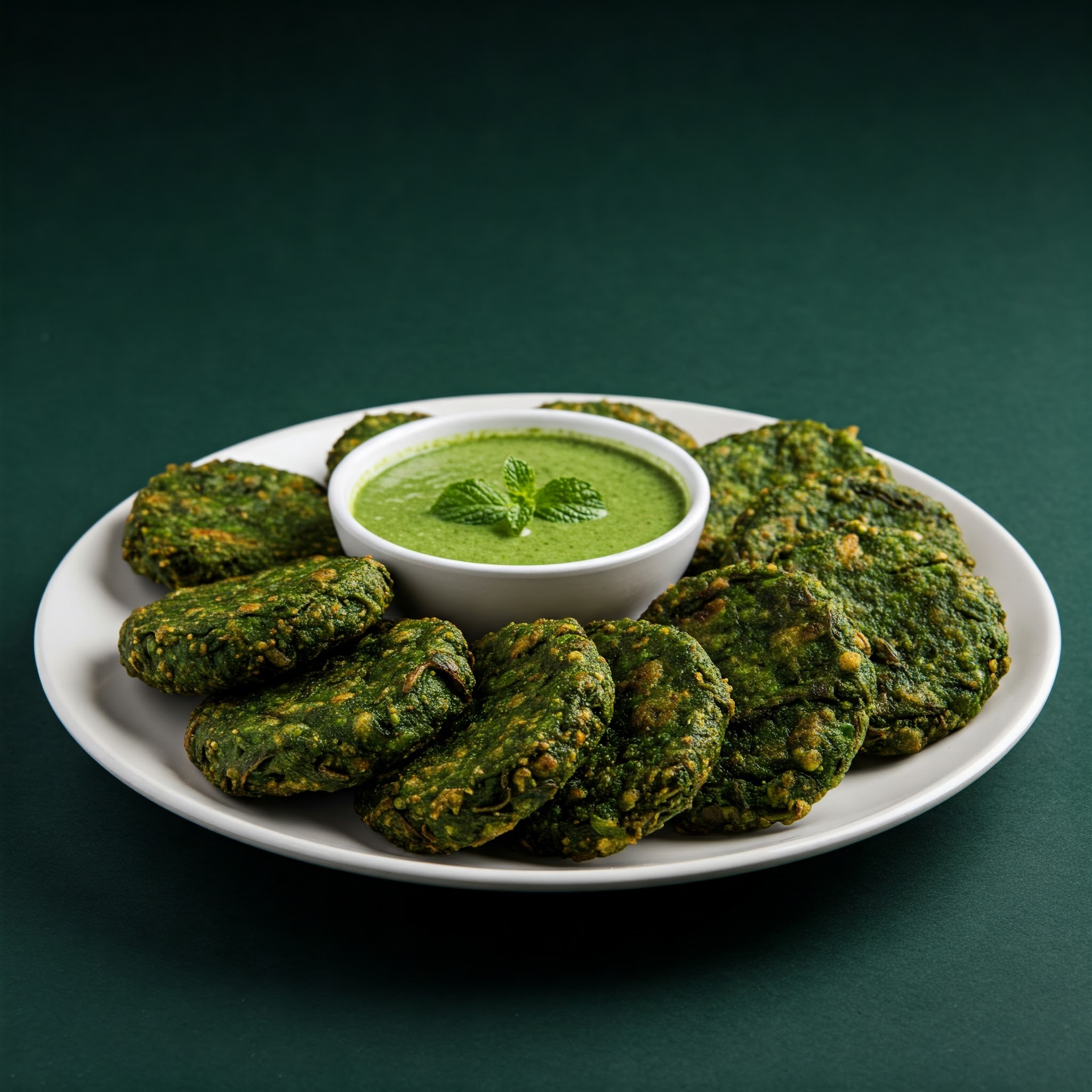Water Melon (तरबूज)
tarabooj

About Water Melon
A Summer Symphony: Embrace the Essence of Watermelon
In the sun-kissed orchards of India, where nature's bounty flourishes, Watermelon reigns as the jewel of summer. With its luscious, ruby-red flesh and vibrant green rind, it beckons with a promise of refreshment. Each juicy bite of Watermelon releases a cascade of sweetness that dances on the tongue, quenching thirst and evoking memories of sunlit afternoons. Watermelon is not just a treat for the taste buds; it’s a treasure trove of health benefits. Packed with vitamins A and C, along with antioxidants like lycopene, this delightful fruit boosts immunity and nourishes the skin. Its high water content—over 90%—ensures hydration in the sweltering heat, making it a perfect companion for picnics and festive gatherings.
In Indian cuisine, watermelon finds its place in a multitude of dishes, from refreshing salads to zesty chutneys. Imagine a vibrant salad adorned with mint and a sprinkle of chaat masala, or a chilled watermelon juice that revitalizes the senses. Each dish is a celebration of flavor and creativity, elevating the dining experience.
To include watermelon in your daily menu, log on to planmeal This automatic meal planner will guide you in seamlessly integrating this vibrant fruit into your diet, ensuring every meal is a burst of flavor and nutrition.
Savor the sweetness, embrace the summer!
In Indian Ayurveda, watermelon is valued for its cooling properties and high water content, making it an excellent choice for balancing the **Pitta** dosha, especially during hot weather. It helps hydrate the body, aids digestion, and supports kidney function due to its natural diuretic effects.
In home remedies, watermelon is often used to alleviate heat-related conditions, such as heatstroke and dehydration. Its juice can be applied topically to soothe sunburns and promote skin hydration. Additionally, watermelon seeds are sometimes utilized for their potential health benefits, including digestive support and detoxification. Overall, watermelon serves as a nutritious and therapeutic fruit in Ayurvedic practice.
How to Store Water Melon
To store watermelon, begin by keeping the whole fruit in a cool, dry place, away from direct sunlight, for up to two weeks. Once you cut the watermelon, cover the exposed flesh with plastic wrap to prevent drying out. Place the wrapped pieces in an airtight container and store them in the refrigerator. Consume cut watermelon within 3-5 days for the best taste and freshness. If you have leftover pieces, consider freezing them for smoothies or desserts. Just slice the watermelon into cubes, place them on a baking sheet to freeze, and transfer to a freezer bag once solid.
Shelf Life of Water Melon
Whole watermelon can last about 1-2 weeks at room temperature and up to 3 weeks when refrigerated. Once cut, it should be stored in an airtight container and consumed within 3-5 days for optimal freshness.
How to Check Water Melon Before Buying
When selecting a watermelon from a local vendor, start by examining the skin; it should be smooth and free from blemishes or soft spots. Look for a uniform shape, as irregularities may indicate uneven ripening. A ripe watermelon should feel heavy for its size, suggesting it is full of water. Gently tap the melon; a deep, hollow sound typically indicates ripeness.
The field spot, or the area where the watermelon rested on the ground, should be a creamy yellow color, indicating that it has ripened properly. If the spot is white or green, the watermelon may be under-ripe.
It’s advisable to buy watermelons in moderate quantities unless you plan to consume them quickly, as they can spoil in a few weeks. If purchasing in bulk, ensure proper storage in a cool place and consume them promptly to enjoy their freshness.
Explore
Explore our services and take your business to the next level.
Recent Posts

Lauki Bonda is a delicious and nutritious addition to your weekly menu, offering...

Spinach Kuttu Pakode are a fantastic addition to your weekly meal plan, offering...

Birai Roti is the perfect addition to your weekly menu! Made with wholesome mill...

Kuttu Ladoo is the perfect addition to your weekly meal plan, offering a delicio...

Tamarind Tomato Salad is the perfect addition to your weekly meal plan, offering...
Ready for a Healthier You?
Take control of your wellness! Get a customized meal plan that fits your lifestyle. It's time to eat smarter, feel better, and transform your life!
Get Your Plan Now!Already a member? Login and start now!
Nutrition Facts
Serving Size:
Servings Per Container: 1
| Amount Per Serving | ||
|---|---|---|
| Calories | 20.31 | |
| Fat | ||
| Saturated Fat | ||
| Trans Fat | ||
| Cholesterol | 0 | |
| Sodium | 1.89 | |
| Carbs | 3.86 | |
| Fiber | ||
| Sugar | 0 | |
| Protein | 0.6 | |
| VitaminD | ||
| Calcium | 5.29 | |
| Iron | .22 | |
| Potassium | 124 | |
* Percent Daily Values are based on a 2000 calorie diet.
* Percent Daily Values are based on a 2000 calorie diet.




